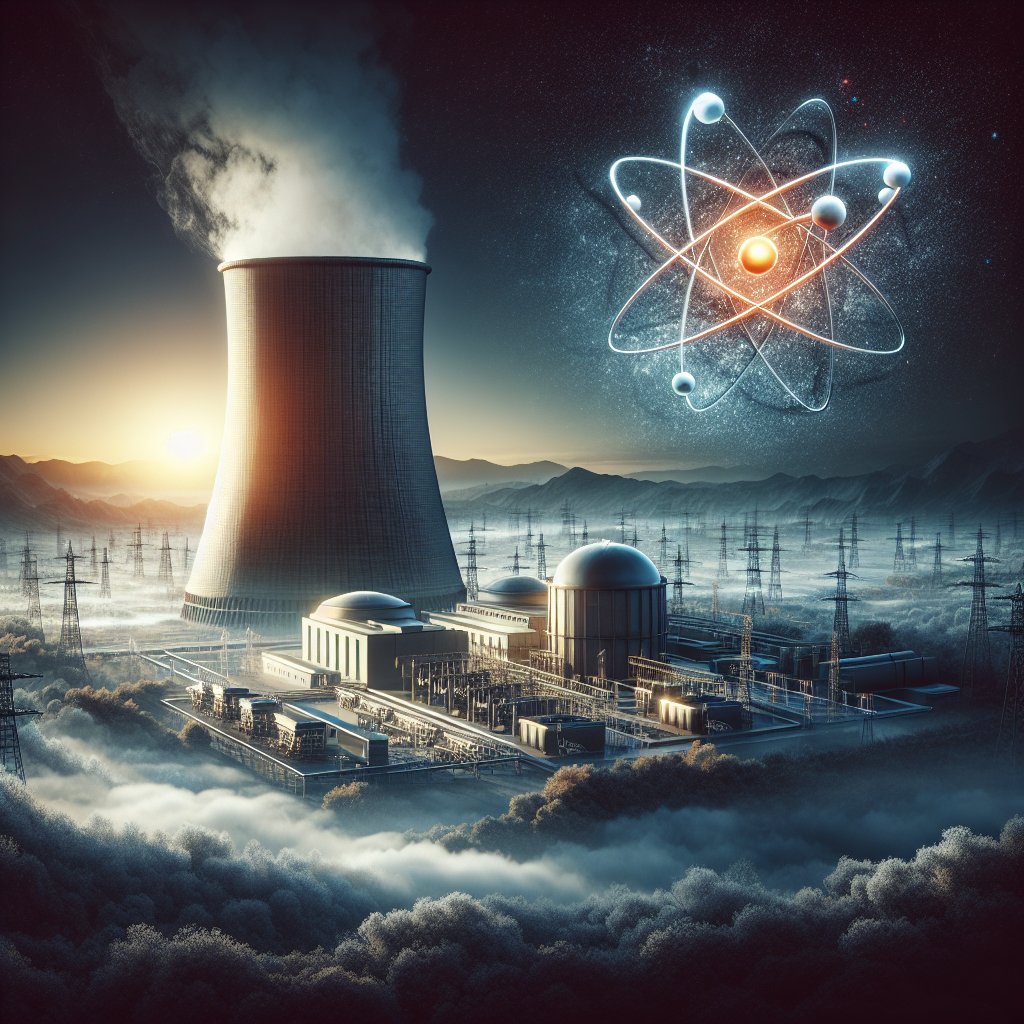A New Dawn in Nuclear: Private Sector Entry Marks Historic Reform
The introduction of private sector participation in the nuclear energy sector represents a significant reform, poised to meet India's rising energy demands. Shiv Sena leader Milind Deora highlighted this potential during a parliamentary debate. Discussions also addressed the country's need for critical minerals, governance issues, and regional development projects.

- Country:
- India
The landmark decision to welcome private sector involvement in India's nuclear energy domain stands as a pivotal reform, potentially transforming the nation's energy landscape, according to Shiv Sena leader Milind Deora. Speaking during a recent Rajya Sabha debate, Deora asserted that this move could significantly meet India's escalating energy requirements.
Highlighting a strategic vision, Deora emphasized the mission of achieving 100 GW of nuclear energy output by 2047. He pointed to international examples, noting that China aims for nuclear to constitute 18% of its energy mix, while France already derives two-thirds of its power from nuclear sources. Deora also noted the United States' renewed focus on small modular reactors.
Meanwhile, DMK MPs voiced concerns about the central government's political strategies, particularly regarding appointments of governors in opposition-ruled states, and highlighted instances of political interference. Simultaneously, regional projects and agricultural issues were brought to the fore by representatives from YSRCP and BJD, respectively.
(With inputs from agencies.)
ALSO READ
Govt Infrastructure and Renewable Energy Reforms Take Effect, Cutting RMA Red Tape
Trump's Strategic Shift: Delaying Tariffs on Critical Minerals
Trump Administration Moves to Negotiate on Imports of Critical Minerals
Breaking Beijing's Grip: US Accelerates Critical Minerals Independence
Greenland's Untapped Wealth: A Treasure Trove of Critical Minerals










